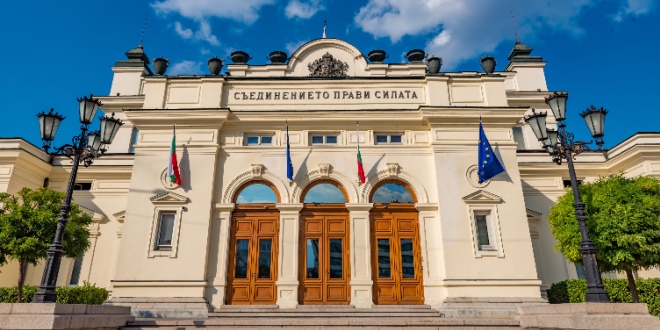
Bulgaria’s gaming industry has come out against government plans to introduce a range of restrictions on online gambling. While industry representatives agree that discussing player protection is a step in the right direction, several industry organizations have called the proposed draft “unviable” in its current form due to its restriction of player freedoms.
In June, Bulgaria’s Ministries of Finance and Healthcare proposed tightening control over consumer engagement in the gambling sector. Despite the player welfare focus, a closer look at the measures shows why many consider them rushed.
First, the draft proposes mandatory time limits: a single gaming session would be limited to four hours for players over 24 and two hours for those under 24. At first glance, this seems reasonable. However, the text fails to clarify whether this limit applies per 24 hours or per individual session.
Critics have pointed out that under the current wording, a player could reach the 3-hour-59-minute mark, log out, log in again, and continue playing for another four hours. This loophole needs to be addressed.
A more serious concern is the proposal for mandatory self-exclusion. Under the draft, players would set their own 24-hour loss limit. If a player reaches that limit within the day, the operator must automatically place them on the self-exclusion registry for seven days.
Industry representatives argue this measure, first, violates civil rights and freedoms guaranteed by the Constitution. Second, forced exclusion from legal platforms significantly increases the risk of players turning to the black market.
The most controversial proposal is the suggested betting limit. According to the draft, a player would not be allowed to wager more than the equivalent of 20 average monthly salaries in Bulgaria within 24 hours. This precedent is unique across Europe and does not reflect the real economic conditions in Bulgaria – the EU’s poorest member state.
Since the consultation period ended, several industry organizations have submitted extensive feedback, offering specific amendments to the draft.
Association of the Gaming Industry in Bulgaria (AGIB) pointed out that the draft lacks a centralized system to help enforce session and wager limits, placing the full responsibility on individual operators.
“This means that a player who reaches the limit with one operator can immediately continue playing with another licensed operator,” the statement said.
AGIB also recommended that time limits should clearly apply only to active gameplay, not to actions such as logging in and out of an account. Additionally, the organization suggested tailoring time limits based on the type of gambling – for example, distinguishing between online casino games and sports betting.
The association further argued that mandatory self-exclusion enforced by private companies infringes on a citizen’s right to personal choice and economic freedom. In AGIB’s view, such measures should only be handled by the national regulator.
Bulgarian Gaming Association (BGA) and Association of Organizers of Gambling Games and Activities in Bulgaria (AOGGAB) warned of a rise in black-market activity if betting and time limits are implemented.
“Experience from all European markets shows that mandatory restrictions on licensed platforms do not limit player behavior or reduce risks, but instead drive them to unlicensed sites,” the organizations stated.
They cited research from international groups like the EGBA and national regulators such as NOGA (Netherlands) and Spelinspektionen (Sweden), which show the black market has already overtaken legal alternatives in terms of market share in several countries.
“As a result of restrictive regulations, money from Bulgarian citizens will flow not into the legal, regulated market, but into jurisdictions like Curaçao, Panama, the Philippines, and other offshore zones where illegal gambling operators are typically based,” they added.
Both organizations also noted a potential violation of EU law, since the technical requirements outlined in the draft would impact companies based in other European jurisdictions. Therefore, the proposal must be approved by the European Commission.
Earlier, the far-right political party MECH proposed introducing a state monopoly on gambling through the state-owned Bulgarian Sports Totalizator (BST). Party leader Radostin Vasilev told the media he believes direct state control is the only way to effectively manage the sector. However, MECH is an opposition party with a small number of MPs, which significantly reduces the chances of their bill gaining traction.